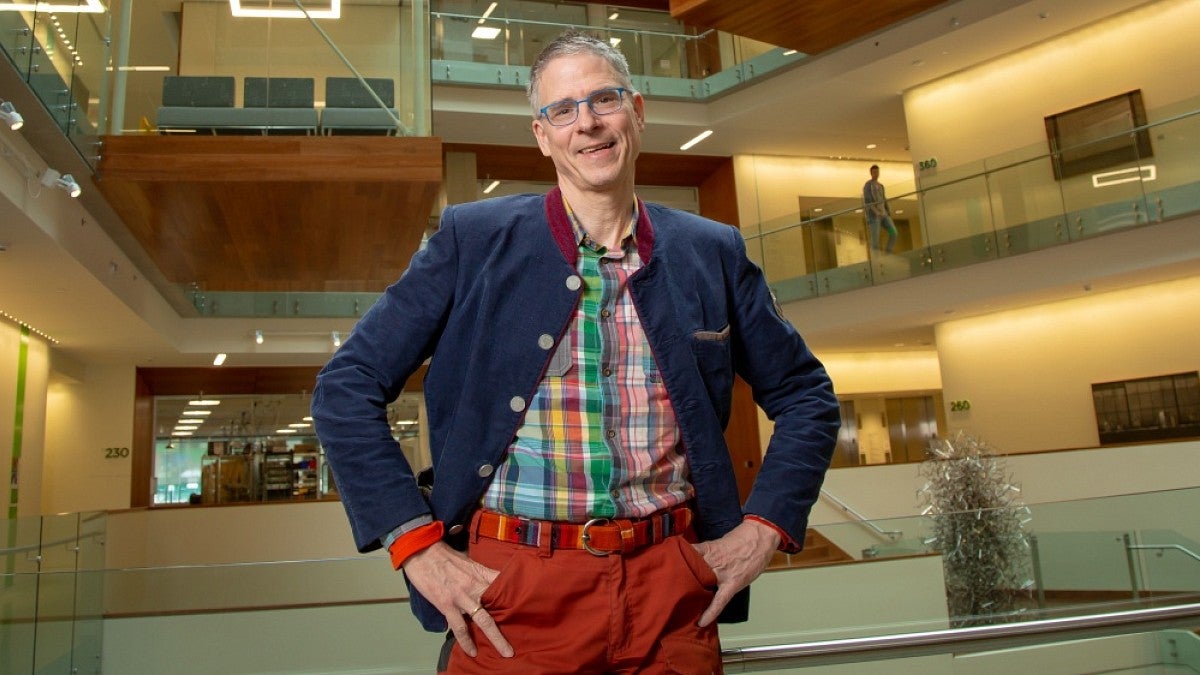As humans and animals go about their business in the world, they don’t just act but have a deeper understanding of themselves and their environment, says Christof Koch, a German-American neuroscientist.
“(They) are capable of conscious experience,” said Koch, best known for his studies and writings exploring the basis of consciousness. “That is, it feels like something to have a brain and be cold, angry or see red.”
Koch, the chief scientist and president of Seattle’s Allen Institute for Brain Science, will discuss “Consciousness and its Place in Nature” in the inaugural Institute of Neuroscience Mind/Brain lecture at 2 p.m. on Friday, May 31, in Room 156, Straub Hall.
“Christof Koch is a pioneer in the scientific study of consciousness who continues to do groundbreaking work in his field, and we’re proud to have him as our first featured Mind/Brain lecturer,” said David McCormick, director of the Institute of Neuroscience.
Originally trained as a physicist, Koch served as professor of biology and engineering at the California Institute of Technology in Pasadena for 27 years. He famously collaborated with molecular biologist Francis Crick on research examining the physical roots of consciousness.
Today, at the Allen Institute for Brain Science in Seattle, he leading a 10-year, large-scale high-throughput effort to build brain observatories. Koch likens the project to a Hubble Space Telescope for the brain. The online repository of 30 trillion bytes’ worth of brain-cell readings is being used to map, analyze and understand the mouse and human cerebral cortex.
In his UO lecture, Koch will explore his work past and present, including the empirical progress achieved over the past several decades in locating the footprints of consciousness in the posterior part of neocortex, in the back of the brain. He will explain how researchers have identified the physical systems that are capable of conscious, subjective experience and discuss how one theory of consciousness predicts how sentience will intersect with artificial intelligence.
“Digital computers, though they may become as intelligent as humans, will not be conscious, even though they may be able to perfectly mimic human behaviors associated with consciousness.” Koch said. “Consciousness is not a clever hack, a form of computation, but is a causal power.”


